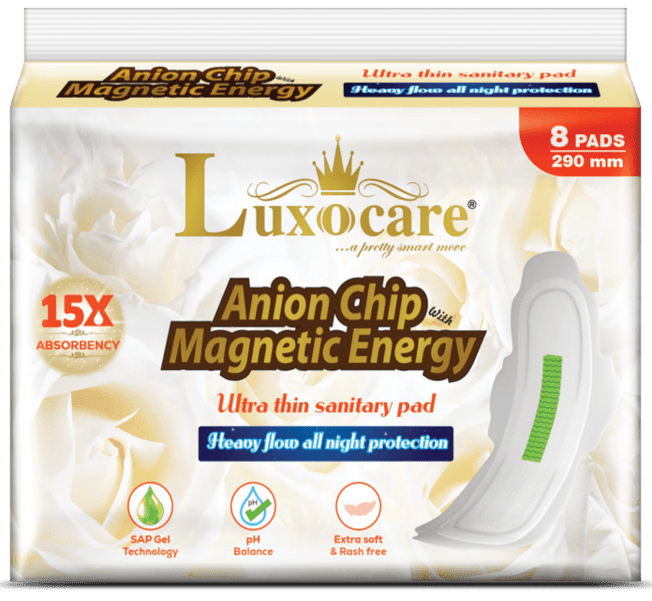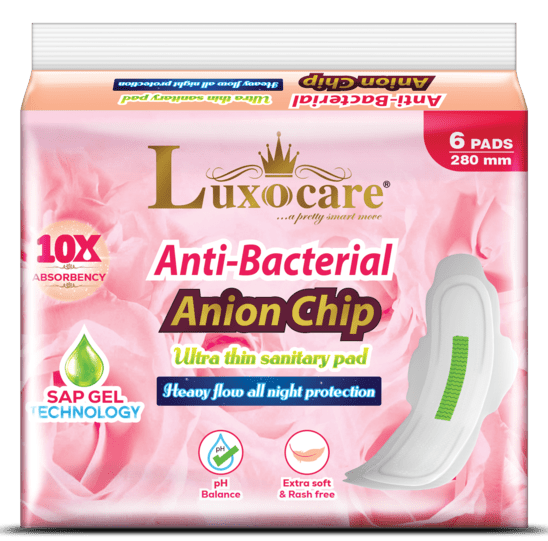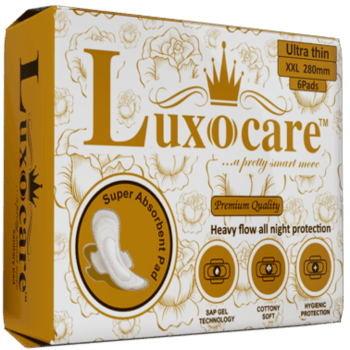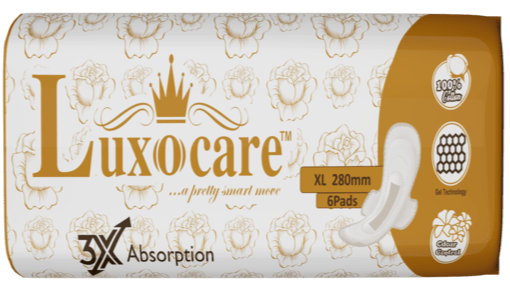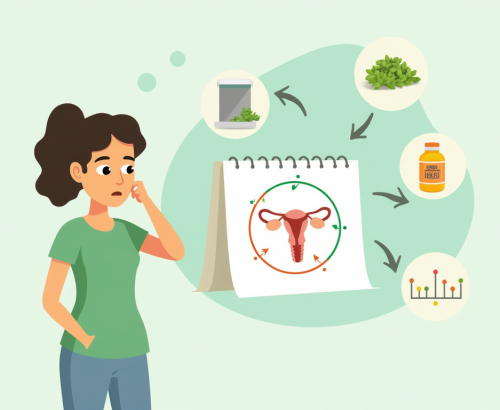
Menstrual health plays a significant role in overall well-being, including how effectively your immune system functions. Understanding the connection between menstrual health and immune system performance can help you make informed decisions about your health and address any concerns that arise. Here’s a comprehensive look at how menstrual health impacts the immune system.
Hormonal Fluctuations and Immunity
1. Estrogen and Immune Response
Boosting Immunity: Estrogen, a key hormone in the menstrual cycle, has been shown to enhance immune response. It helps regulate the production and activity of immune cells, such as T-cells and macrophages, which are crucial for fighting infections.
Infection Susceptibility: Fluctuations in estrogen levels throughout the menstrual cycle can impact how effectively your body responds to pathogens. High estrogen levels can boost immune responses, while lower levels, such as those experienced during the luteal phase or menopause, may reduce immune function.
2. Progesterone and Immune Regulation
Modulating Response: Progesterone, another important hormone, can modulate the immune response. During the luteal phase of the menstrual cycle, increased progesterone levels can suppress certain immune responses to prevent the body from attacking the developing embryo.
Inflammation: Progesterone has anti-inflammatory effects, which can influence how your body responds to inflammation and infections. Low progesterone levels can lead to increased inflammation, potentially impacting immune health.
Menstrual Cycle and Immune Function
1. Menstrual Phase
Increased Vulnerability: During menstruation, when estrogen levels are lower, some women may experience a temporary decrease in immune function. This can make them more susceptible to infections and illnesses.
Managing Symptoms: Good menstrual hygiene and managing stress levels during this phase can help support immune health. Avoiding exposure to pathogens and maintaining a healthy diet can also be beneficial.
2. Follicular Phase
Immune Boost: The follicular phase, which occurs after menstruation and before ovulation, is characterized by rising estrogen levels. This phase may be associated with a stronger immune response and better overall immune function.
Health Practices: Emphasize healthy eating, regular exercise, and adequate sleep during this phase to support optimal immune health.
3. Ovulatory Phase
Peak Immunity: The ovulatory phase, marked by peak estrogen levels, can enhance immune function. This is a good time to focus on health and wellness practices that support your immune system.
Nutritional Support: Incorporate foods rich in vitamins and minerals, such as fruits, vegetables, and whole grains, to support your immune health during this phase.
4. Luteal Phase
Immune Modulation: During the luteal phase, progesterone levels rise, which can suppress certain immune responses. This phase may be associated with increased inflammation and sensitivity to infections.
Self-Care: Manage stress, stay hydrated, and maintain a balanced diet to support your immune system and overall health during this phase.
Menstrual Health Conditions and Immune Impact
1. Polycystic Ovary Syndrome (PCOS)
Chronic Inflammation: PCOS can be associated with chronic low-grade inflammation, which may impact immune function. Managing PCOS through diet, exercise, and medical treatment can help reduce inflammation and support immune health.
Medical Advice: Consult a healthcare provider for personalized advice on managing PCOS and its impact on your immune system.
2. Endometriosis
Immune System Activation: Endometriosis involves the presence of endometrial tissue outside the uterus, which can cause chronic inflammation and immune system activation. This may affect overall immune health and increase susceptibility to other health issues.
Management Strategies: Work with your healthcare provider to manage endometriosis symptoms and address any related immune system concerns.
3. Menstrual Irregularities
Immune Impact: Irregular menstrual cycles or conditions that affect menstrual regularity can impact hormone levels and, consequently, immune function. Addressing underlying causes and maintaining hormonal balance can help support immune health.
Medical Consultation: Seek medical advice if you experience significant menstrual irregularities or related health concerns.
Tips for Supporting Immune Health During Your Menstrual Cycle
1. Maintain a Balanced Diet
Nutrient-Rich Foods: Eat a diet rich in vitamins and minerals, including fruits, vegetables, lean proteins, and whole grains. Nutrients like vitamin C, vitamin D, zinc, and omega-3 fatty acids support immune function.
Hydration: Drink plenty of water to stay hydrated and help your body manage hormonal changes and support immune health.
2. Exercise Regularly
Moderate Activity: Engage in regular physical activity, such as walking, yoga, or swimming, to boost overall immune function and manage stress.
Listen to Your Body: Adjust the intensity of your workouts based on how you feel during different phases of your menstrual cycle.
3. Manage Stress
Relaxation Techniques: Practice stress-relieving activities like deep breathing, meditation, or mindfulness to support immune health and overall well-being.
Adequate Sleep: Ensure you get enough restful sleep each night to help your body recover and maintain a strong immune system.
4. Practice Good Menstrual Hygiene
Sanitary Products: Use appropriate sanitary products and change them regularly to maintain hygiene and prevent infections.
Regular Check-Ups: Schedule regular gynecological check-ups to monitor menstrual health and address any issues that may impact your immune system.

